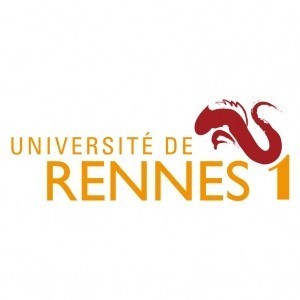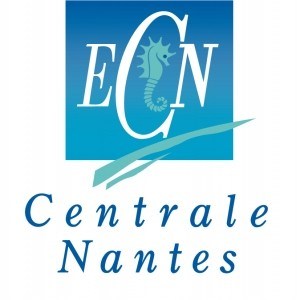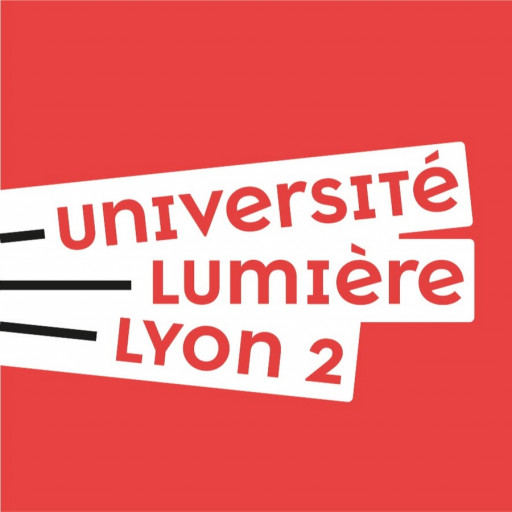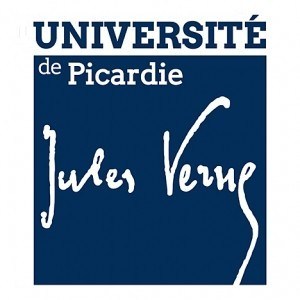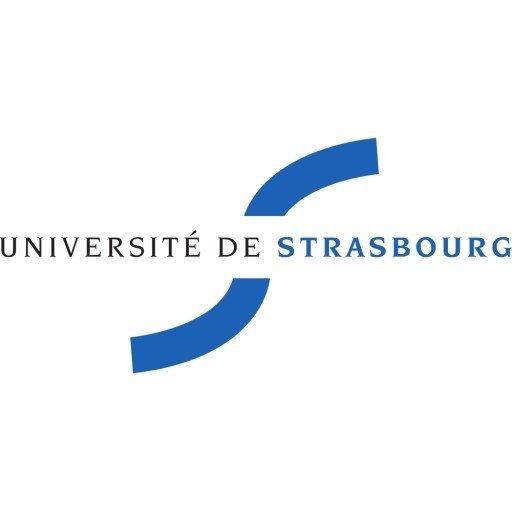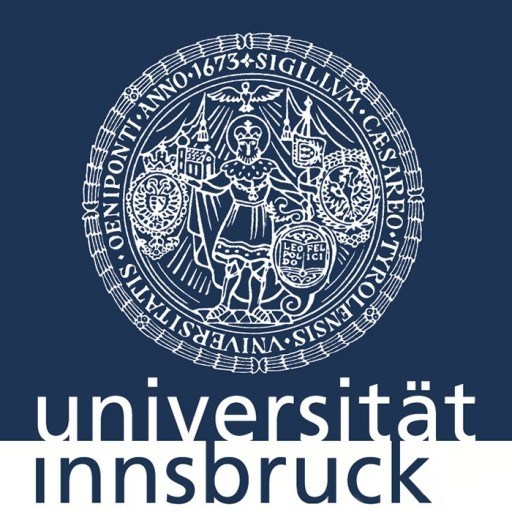Photos of university
The Erasmus Mundus Master of Science in Materials Science and Engineering (MaMaSELF) offered by the University of Rennes 1 is a highly esteemed international master's program designed for students passionate about understanding and innovating in the field of materials. This interdisciplinary program combines advanced theoretical knowledge with practical skills to prepare graduates for careers in research, industry, and academia. Over the course of the two-year program, students have the opportunity to study in multiple renowned European universities, benefitting from a multicultural academic environment that promotes collaboration and innovation.
The curriculum covers a broad range of topics within materials science, including the structure and properties of metals, ceramics, polymers, and composites. Emphasizing both fundamental principles and cutting-edge applications, the program equips students with competencies in material characterization, processing techniques, and the development of new materials for various industries such as aerospace, automotive, electronics, and renewable energy. Instruction is delivered through a combination of lectures, laboratory work, project-based learning, and internships, ensuring practical experience alongside theoretical understanding.
Students enrolled in MaMaSELF benefit from a rich international academic network, participating in mobility exchanges between partner universities across Europe. This mobility scheme enriches the learning experience by exposing students to diverse research environments and cultural perspectives. Additionally, the program is designed to foster intercultural skills and a global mindset, essential qualities for the international job market.
Graduates of the Erasmus Mundus MaMaSELF program are well-positioned to pursue careers in research and development, product innovation, or continue their academic journey through doctoral studies. The program’s strong links with industry and research centers facilitate internships and collaborations, providing students with valuable professional experience. By combining rigorous academic training with international exposure, the University of Rennes 1’s MaMaSELF program aims to cultivate highly skilled materials scientists equipped to address modern challenges related to sustainability, technology, and innovation in materials engineering.
The Erasmus Mundus Master Programme in Materials Science – MaMaSELF is a highly regarded international Master's degree designed to provide students with comprehensive knowledge and practical skills in the field of materials science. The programme aims to prepare future professionals who can contribute to innovations in developing new materials, enhancing existing materials, and solving complex engineering challenges across various industries such as aerospace, automotive, electronics, energy, and biomedical sectors. The curriculum is structured to offer a multidisciplinary approach, combining fundamental principles of physics, chemistry, and engineering with modern techniques in materials characterization, processing, and modeling. Students enrolled in MaMaSELF will benefit from courses taught by leading experts from renowned partner universities across Europe, including the University of Rennes 1 among others, ensuring exposure to diverse perspectives and cutting-edge research. The programme emphasizes hands-on laboratory work, project-based learning, and opportunities for internships with industry partners, facilitating the transition from academic knowledge to practical application. Students have the opportunity to study at multiple European universities during their two-year course, gaining valuable international experience and intercultural awareness. The program also promotes research activities, encouraging students to participate in scientific projects that contribute to advancements in sustainable and innovative materials. Upon completion, graduates will earn a joint or double degree recognized across European institutions, enhancing their employability prospects globally. Thanks to the Erasmus Mundus framework, students may also receive scholarships and financial support, making this advanced educational opportunity accessible to talented individuals worldwide. The MaMaSELF programme is dedicated to fostering an innovative and inclusive learning environment that inspires students to become leaders in the field of materials science and engineering.
The Erasmus Mundus Joint Master Degree in Materials Science – MaMaSELF at the University of Rennes 1 requires applicants to hold a recognised undergraduate degree or equivalent in materials science, physics, chemistry, engineering, or a related field. Applicants must demonstrate strong academic performance and relevant background knowledge in materials characterization, synthesis, and processing techniques. Proficiency in English is mandatory, typically evidenced by passing standardized language tests such as IELTS or TOEFL, or through prior education conducted in English. The admissions process involves submitting a completed application form, a motivation letter outlining the applicant’s interest and career goals, curriculum vitae, academic transcripts, and letters of recommendation. Additionally, applicants may be asked to provide evidence of practical experience or internships in the field of materials science. The program emphasizes research skills, innovative problem-solving, and multidisciplinary approaches, hence candidates with research experience or project work related to advanced materials will be preferred. All applicants must meet the specific entry criteria and be selected through a competitive process carried out by the coordinating university and partner institutions. The curriculum is designed to cover fundamental and advanced topics in materials science, including nanomaterials, biomaterials, functional materials, and materials characterization techniques. Students are expected to undertake mobility periods across participating universities in different European countries, gaining international exposure and collaborative research experience. Successful candidates must adhere to the program's academic requirements, including attendance, project work, internships, and the submission of a final thesis. The program aims to prepare students for careers in academia, research, and industry, emphasizing excellence in scientific knowledge, practical skills, and international collaboration.
Funding for the Erasmus Mundus Master Program in Materials Science (MaMaSELF) at the University of Rennes 1 is primarily supported through a combination of Erasmus Mundus grants, which are provided by the European Union to promote high-quality international master's programs. These scholarships are awarded to both European and non-European students based on academic excellence, motivation, and financial need. The Erasmus Mundus grant covers tuition fees, a monthly living allowance, travel costs, and other expenses related to participation in the program. Specifically, the living allowance is designed to support students throughout their studies, encouraging cultural exchange and academic mobility.
In addition to Erasmus Mundus grants, students may access university-specific financial aid, including fee waivers or discounts for outstanding applicants. Some students finance their studies through national scholarships, governmental support, or personal resources. The university also offers options for part-time work or internships that can help students fund their expenses during the program, although these are subject to visa regulations and work quotas in host countries.
Moreover, the program benefits from collaborations with industry partners and research institutions, which occasionally offer sponsorship or assistantship opportunities. These opportunities may include research assistant positions or internships that provide financial compensation, experience, and professional networking opportunities.
Students are encouraged to explore external funding sources, including national scholarship programs, private foundations, and international organizations that support international students pursuing master's studies in Europe. The program's official website and university's financial aid services provide detailed guidance and application procedures for various funding options.
Overall, the financing of the Materials Science MaMaSELF program is designed to minimize financial barriers for talented students worldwide, promoting diversity and inclusion in advanced scientific education. Applicants are advised to carefully review the specific eligibility criteria and application deadlines for funding opportunities linked to the Erasmus Mundus scholarship scheme and other financial aid programs offered through the University of Rennes 1.
The Erasmus Mundus Master program in Materials Science, known as MaMaSELF, is a highly regarded international master's course offered by a consortium of European universities, including the University of Rennes 1. Designed to provide students with comprehensive knowledge and practical skills in the field of materials science, MaMaSELF aims to prepare graduates for careers in research, industry, and academia. The program typically spans two years and includes compulsory mobility periods across partner universities, facilitating cultural exchange and broader academic exposure.
The curriculum covers fundamental areas such as structural materials, functional materials, nanomaterials, and techniques related to materials characterization and processing. Students engage in advanced coursework, laboratory work, and research projects, often collaborating with industry partners to ensure relevance to current technological challenges. Language of instruction is primarily English, supporting international students and fostering a multilingual academic environment.
Admission requirements generally include a relevant bachelor's degree in materials science, physics, chemistry, or engineering, along with proficiency in English. Scholarships may be available through Erasmus Mundus, relieving students of tuition fees and providing a monthly stipend to support living costs during their studies.
The program emphasizes international cooperation and intercultural understanding, with students spending time at multiple partner universities across Europe. This mobility enhances their academic experience and prepares them for working in multinational environments. Upon completion, graduates earn a joint or double degree recognized across participating countries, greatly enhancing their employability and academic prospects.
As part of the broader Erasmus Mundus framework, MaMaSELF also promotes networking with industry and research institutions, facilitating internships and collaborative projects. The program's strong focus on scientific excellence, international exposure, and transfer of knowledge makes it a prominent choice for aspiring materials scientists. Graduates often pursue careers in research and development, quality control, or continue their studies in PhD programs. Overall, MaMaSELF at the University of Rennes 1 offers a rigorous, internationally oriented education that equips students with essential competencies for the evolving field of materials science.
